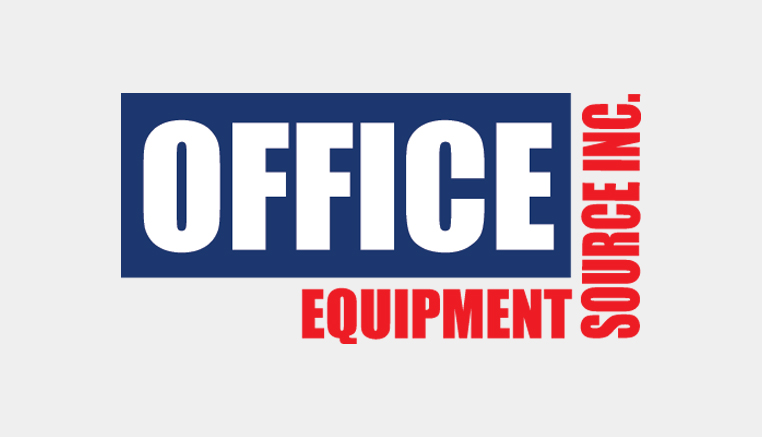Philadelphia Records Management Demystified
At its core, records management involves overseeing business records throughout their entire lifecycle. This encompasses their creation, retention, maintenance, and, when the time is right, their secure disposal. Retention schedules, which dictate how long records should be retained, can be established either by legal statutes at the federal or state level or by an organization’s internal policies.
But why are local compliance solutions necessary? To begin, consider the regulatory landscape. Many financial records, for instance, must be preserved for a minimum of 7 years as mandated by law. Recent financial scandals underscore the importance of ensuring that an organization’s records remain available and unaltered during this stipulated timeframe, as they are pivotal for regulatory enforcement.
For records that fall outside the scope of legal requirements or those retained beyond their statutory obligation, they remain susceptible to subpoena and review. Determining the appropriate lifespan of a business document poses one of the challenges in records management. Different records may have distinct retention schedules based on their use. For instance, emails, log files, and correspondence can prove valuable for referencing current and past business interactions. However, as time passes, they can transform into a liability, whether due to storage costs or their susceptibility to legal scrutiny. This underscores the critical role records retention for businesses in Philadelphia and, subsequently, the purging or destruction of records once their designated retention period expires.
Navigating Compliance: Ensuring Records Management Adherence
Compliance, in the context of records management, means adhering to established records management policies and compliance with retention schedules dictated by legal regulations. During government audits, ensuring compliance with pertinent laws and regulations, including records management in Philadelphia practices, is a vital aspect of verification.
While local compliance solutions may vary from organization to organization, they achieve greater efficiency when records are digitized and integrated into a comprehensive document management system. Such a system not only streamlines records management but also enhances overall efficiency and productivity.
By implementing robust records management practices and upholding compliance, Philadelphia area organizations can enhance efficiency, minimize legal risks, and harness the full potential of their invaluable business records. In an era marked by data-driven decision-making and stringent regulatory oversight, the synergy between records management in Philadelphia and compliance stands as a great potential asset for today’s businesses.
Learn more about local compliance solutions from the document experts at Higher Information Group. At HIG, we provide a range of document solutions, from scanning solutions to PDF/A compliance, to offsite document storage and ultimately, secure document destruction.










